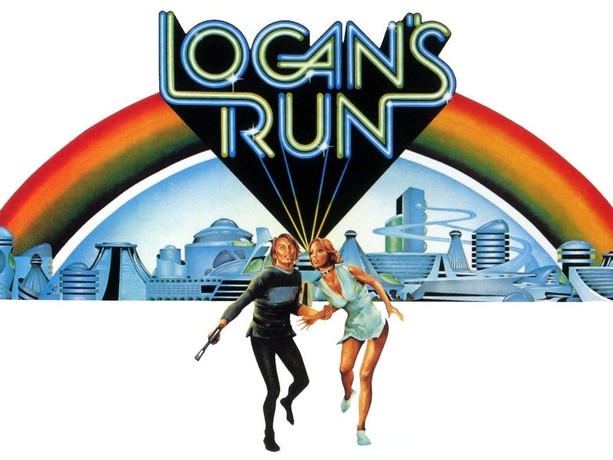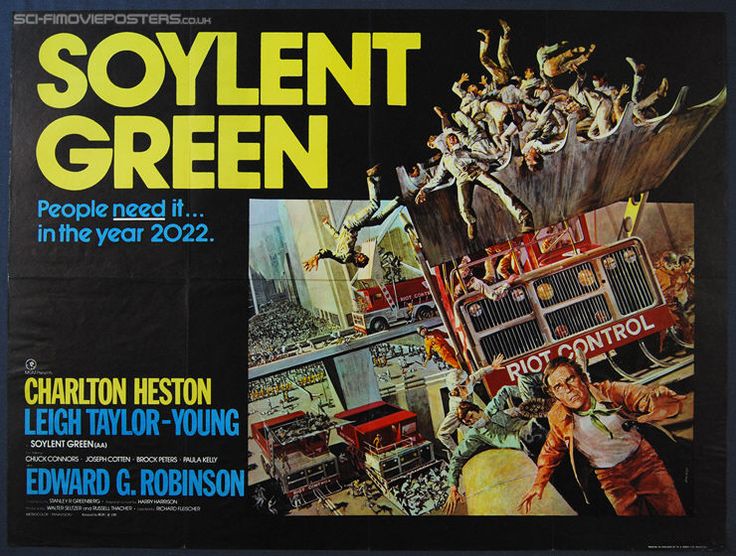The 1995 movie Strange Days feels more relevant with each passing year. Set in the final days of 1999, the movie shows a world on the brink of societal collapse, where technology, violence, and systemic inequality mix to create a dystopian landscape that mirrors our present in unsettling ways.
At its core is the SQUID, a device that allows users to experience the recorded memories and sensations of others. What seemed like science fiction in the mid-90s now feels like a warning about the rise of immersive technology. From virtual reality to the algorithm-driven world of social media, we are constantly chasing the experiences and lives of others through screens.
The film captures a society fractured by racial tension, economic disparity, and the lack of trust in institutions—issues that have only intensified in the decades since its release. The police brutality and corruption shown in Strange Days predict the real-world conversations sparked by the Black Lives Matter movement, the impact of citizen-recorded incidents, and the growing demand for accountability.
Lenny Nero, the film’s protagonist, is a dealer in SQUID recordings, selling moments of pleasure, pain, and even voyeurism. Real-life trauma or joy is transformed into consumable viral content. Los Angeles in the movie is a hyper-real vision of urban decay, with its neon-lit streets, constant surveillance, and unrest—a city that serves as a microcosm for global anxieties.
The impending turn of the millennium in the film creates a sense of apocalyptic urgency, but unlike typical dystopian stories, Strange Days focuses on the personal and emotional cost of living in such a world. It’s not just a story about societal collapse; it’s about how individuals navigate and survive within it. As Lenny clings to the memories of a lost love, replaying them endlessly through his SQUID device, we see a man stuck in the past, unable to face the present—a strong metaphor for how our overreliance on technology can trap us in cycles of nostalgia and escapism.
Let me repeat that again, especially for young people in their 20s and 30s: our overreliance on technology can trap us in cycles of nostalgia and escapism. We constantly revisit manufactured memories, whether through old social media posts, playlists, or even AI-generated content, seeking comfort in a perfect version of the past while ignoring the bad parts of it as well as the challenges of the present. This messes up our view and stunts our growth, leaving us stuck in a loop where we focus too much on the digital rather than real progress in our lives. That could be why a lot of young people today feel depressed about the present and are always looking back, missing the past.
The film also interrogates the role of technology in truth-telling. In an age of deep fakes and misinformation, Strange Days feels like a dive into the ethics of depending on digital media to show us reality. The movie challenges us to confront the dangers of living in a world where technology amplifies our worst impulses and forces us to question how far we’ve really come since the fictional 1999 it portrayed.
Strange Days is more than just a movie—it’s a mirror held up to a future that, in many ways, has already arrived.


